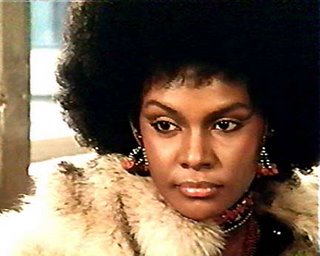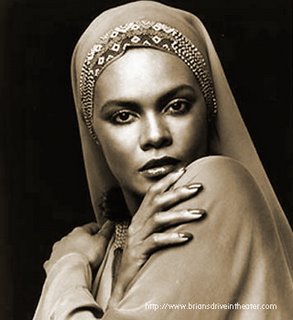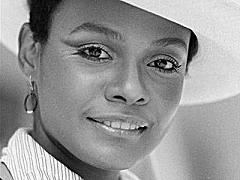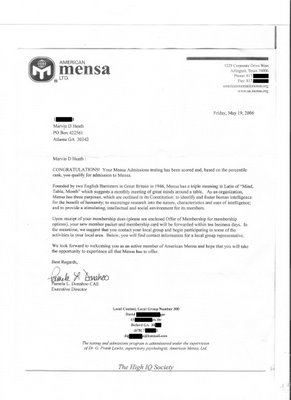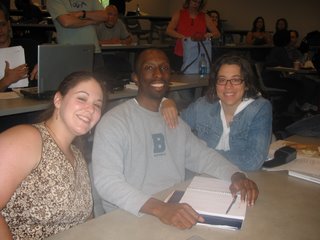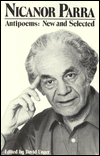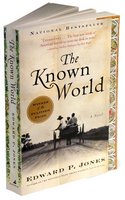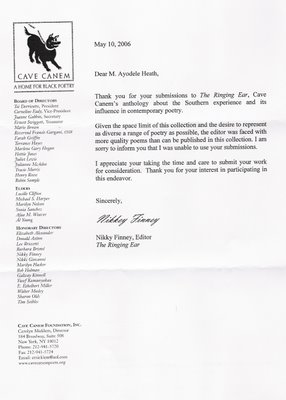In his 1979 critical collection,
From Behind the Veil: A Study of Afro-American Narrative, Robert B. Stepto posits, "The strident, moral voice of the former slave recounting, exposing, appealing, apostrophizing, and above all remembering his ordeal in bondage is the single most impressive feature of the slave narrative." But what of a collection of poems based on slave narratives? Is the remembering enough? And if it is not enough, what elevates this remembrance to poetry? This is the challenge faced by former Washington, D.C., poet laureate, Dolores Kendrick’s award-winning 1989 collection,
The Women of Plums: Poems in the Voices of Slave Women.
The Women of Plums is based on actual interviews of female slaves conducted by the Federal Writers’ Project. Ambitious in scope, these poems, mostly dramatic monologues written in the voices of slave women, humanize the horrors of slavery. In "Sophie, Climbing the Stairs," a slave braves the threat of flogging to learn how to read. In "Leah: in Freedom" a runaway slave refuses to let her spirit be broken despite repeated recapture. In "Ndzeli in Passage," a slave’s sister chooses death by drowning during the Middle Passage over a life of enslavement in America.
While these situations are moving, the poems themselves, often, do not move. The lyrical execution of the dramatic scenes is largely uneven.
True, there are moments when Kendrick’s technique dazzles. Alliterative and assonant, "Liza Lily in Silks" turns and turns and turns, reveling in its own sounds:
Oh, this is a quiet dress.
Light. Airy.
I can take off soft
in it anytime I please
if only to tease
Edam. Get him away
from the horror of his hope
That traps him in that
House that both of us hate.
I wait…
Written in the form of a shopping list, "To Market, to Market" chills the reader with its utter inhumanity:
one Spinning Wheel
one Dresser Mirror
one nigger wench & child
The ballad form beautifully amplifies content in the tragic "The Ballad of Bethany Veney" where:
...when old Kibber came upon
us running brave and free,
he made John climb
(for the last time)
the way away from me
Good God! the way from me.
With its crisp monosyllablics, the images in "Julia Carrying Water" sing with the clarity of Lucille Clifton:
though I walk through
briars and bristles
up hills and over
stony paths
in rooms brightly dark
with watery movin’
But in other places within the collection, the language too often dulls into what reads like transcriptions arbitrarily broken into lines, as in these prosaic passages from "A Slightly Colored Lady":
In slavery you had to be good or you’d
Make Marster mad and he’d sell you
Or beat you or both…
And you wouldn’t know ‘till ‘twas too late
‘bout Jonah who be sold ‘way from his family
And Lilliemae who stood on the auction-block
Or these lines from "Sidney, Looking for her Mother…":
And you detain me unlawfully. Do you understand the
papers, suh? Can you
read? No offense, suh. Oh, no! but the train for Austin be
here any
Minute and that be the place where I last heard my mother
was
Or still worse, these lines from "Jo Abandoned":
At least I think he could Though his feelin’s be slow
They usually firm and honorable Just wanted the best
Jack always wanted the best for himself I didn’t fit
Where is image? Where is metaphor? Where is music?
Ironically, the most lyrical language in
The Women of Plums actually occurs before the title page in "Canticles of a Black Lady," the prelude to the collection. Hear the lovely music in "…Fly winds to sea-rocks and break/ a round of prayer upon their backs," "Their ripe dreams bitten into leave a sour sweetness in the membranes of the mouth," and "The women of plums are sweet and black./ Their flesh moist with tears of joy."
It begs the question whether the need for verisimilitude to the slave narrative transcriptions shackles Kendrick’s ability to lyrically deliver.
Dolores Kendrick does get credit for originality in content. Along with Rita Dove’s 1987 Pulitzer Prize-winning collection
Thomas and Beulah, Kendrick’s
The Women of Plums helped lay the foundation for the recent rash of book-length African-American verse based on historical figures including Natasha Trethewey's 2002
Bellocq's Ophelia, Quraysh Ali Lansana‘s 2004 collection,
They Shall Run: Harriet Tubman Poems, and Tyehimba Jess‘ 2005 National Poetry Series winning
Leadbelly.
As Stepto proposed was true of the slave narrative,
The Women of Plums’ real strength is in its remembering and in its engagement of the "moral, strident voice." While some of the poems struggle on the page, they consistently cry out to be voiced. Thus, it is no surprise that Kendrick adapted the collection for the stage, where it won the New York New Playwrights Award in 1997.
Before
The Women of Plums, never before had there been such an assemblage of voices of female slaves in verse. But poetry demands more than originality in content. It demands originality in technique. In this regard, the fruit of
The Women of Plums is lyrically bittersweet.
 MANAGER: It's a damned shame no one ever taught you how to open a big screen TV.
MANAGER: It's a damned shame no one ever taught you how to open a big screen TV.


